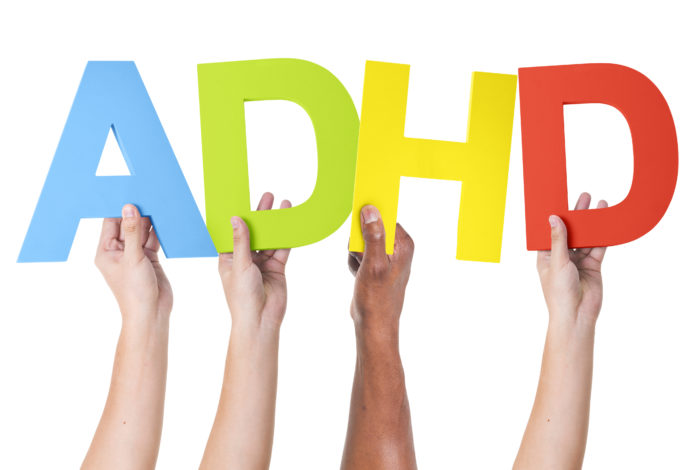What is ADHD?
Attention-deficit/hyperactivity disorder (ADHD) is one of the most common neurobehavioral disorders of childhood. It is sometimes referred to as Attention Deficit Disorder (ADD). It is usually first diagnosed in childhood and often lasts into adulthood. Children with ADHD may have trouble paying attention, controlling impulsive behaviors (may act without thinking about what the result will be), or be overly active.
What are some of the signs of ADHD?
Many children have trouble focusing and behaving at one time or another. However, children with ADHD do not just grow out of these behaviors. The symptoms continue and can cause difficulty at school, at home, or with friends.
A child with ADHD might:
- daydream a lot
- forget or lose things
- squirm or fidget
- talk too much
- make careless mistakes or take unnecessary risks
- have a hard time resisting temptation
- have trouble taking turns
- have difficulty getting along with others
Deciding if a child has ADHD is a several step process. There is no single test to diagnose ADHD, and many other disorders, like anxiety, depression, sleep problems, and certain types of learning disabilities, can have similar symptoms. One step of the process involves having a medical exam, including hearing and vision tests, to rule out other problems with symptoms like ADHD. Another part of the process may include a checklist for rating ADHD symptoms and taking a history of the child from parents, teachers, and sometimes, the child.
What can I do if I think my child may have ADHD?
Talk with your child’s doctor or nurse. If you or your doctor has concerns about ADHD, you can take your child to a specialist such as a child psychologist or developmental pediatrician, or you can contact your local early intervention agency (for children under 3) or public school (for children 3 and older). In order to make sure your child reaches his or her full potential, it is very important to get help for ADHD as early as possible.


